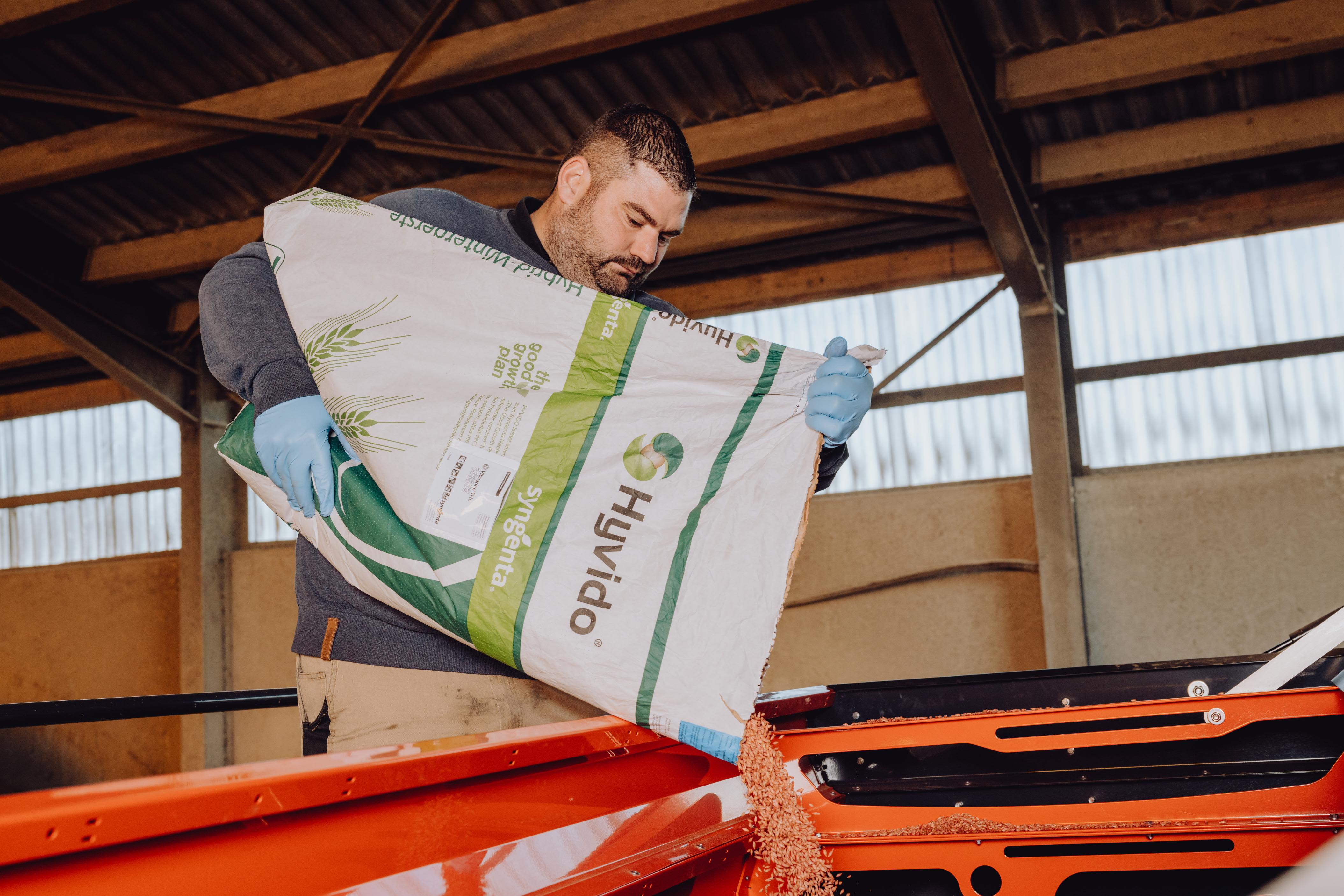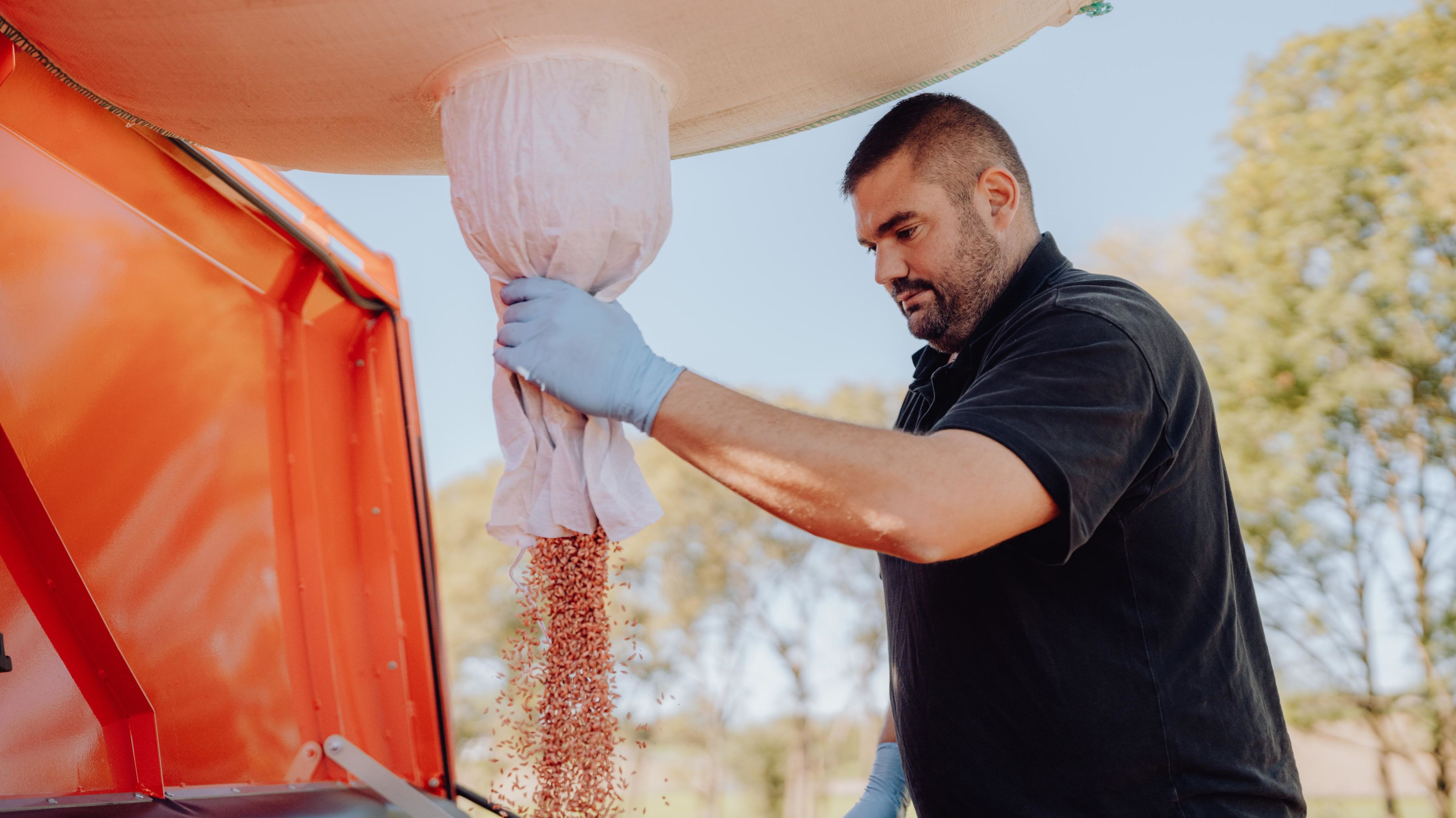Harnessing the power of hybrid barley
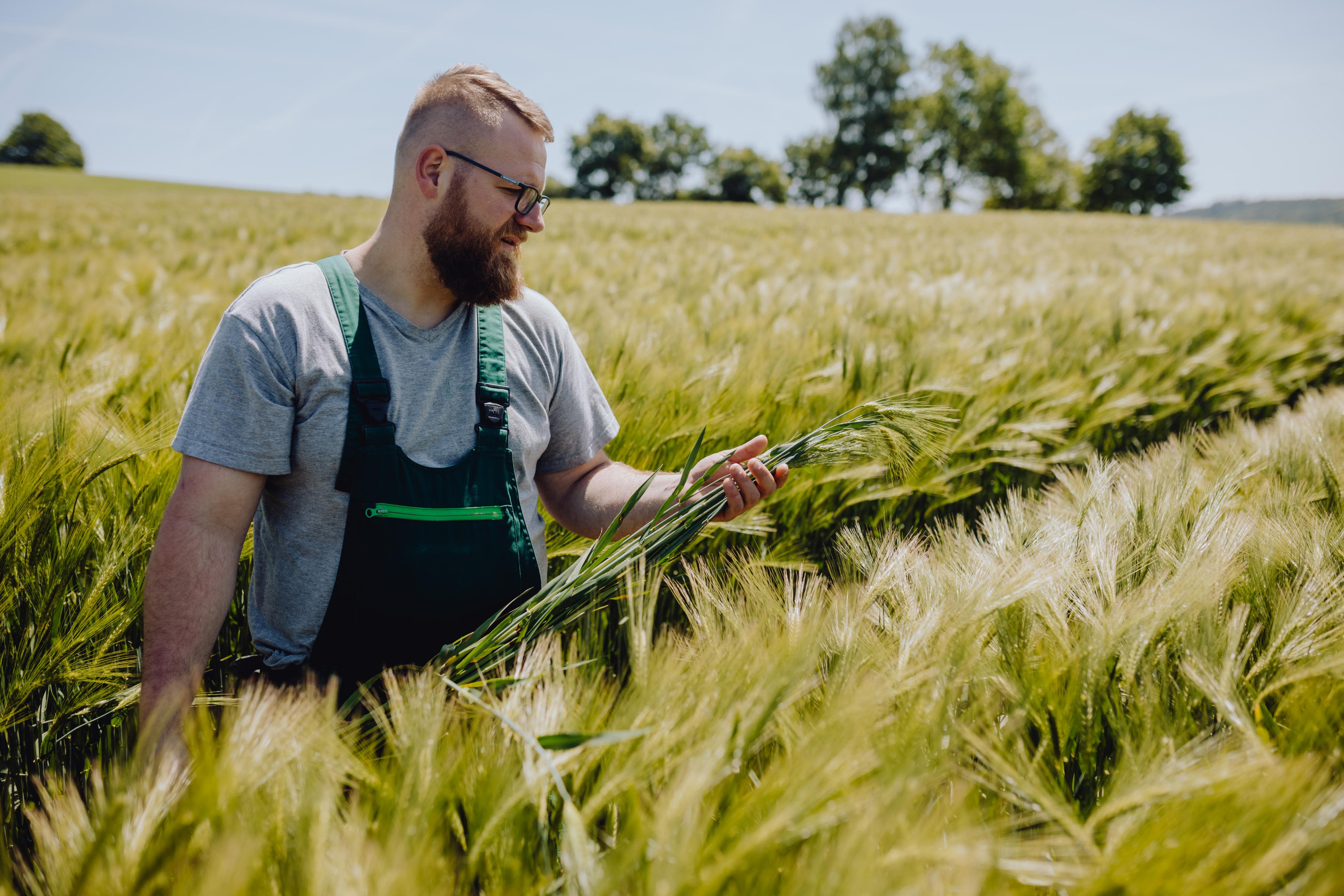
How Syngenta created game-changing hybrid varieties for the world’s barley growers.
Barley is one of the world’s oldest grains. Archaeological evidence suggests it was first domesticated more than 10,000 years ago. Suited to temperate climates, it can be grown worldwide and thrives in full sun and well-watered soil.
According to the USDA, worldwide barley production was just over 143 million tonnes for 2024/25 with the majority coming from Europe. Used in brewing and distilling, it's also a vital part of diets around the world for both humans and animals.
While production has remained consistently strong over the past decade, farmers need to keep up with changing conditions and improve their productivity at the same time. James Melichar, Hybrid Cereals Portfolio Manager Europe for Syngenta, explains: “We always need to raise production – there isn’t a large amount of new agricultural land, so we need higher yields on the existing land we do have.”
This year, Syngenta is celebrating its 25th anniversary. Check out more of our stories about innovation.
This year, Syngenta is celebrating its 25th anniversary. Check out more of our stories about innovation.
Barley is one of the world’s oldest grains. Archaeological evidence suggests it was first domesticated more than 10,000 years ago. Suited to temperate climates it can be grown worldwide and thrives in full sun and well-watered soil.
According to the USDA, worldwide barley production was just over 143 million tonnes for 2024/25 with the majority coming from Europe. Used in brewing and distilling, it's also a vital part of diets around the world for both humans and animals.
While production has remained consistently strong over the past decade, farmers need to keep up with changing conditions and improve their productivity at the same time. James Melichar, Hybrid Cereals Portfolio Manager Europe for Syngenta, explains: “We always need to raise production – there isn’t a large amount of new agricultural land, so we need higher yields on the existing land we do have.”
This year, Syngenta is celebrating its 25th anniversary.
This year, Syngenta is celebrating its 25th anniversary.
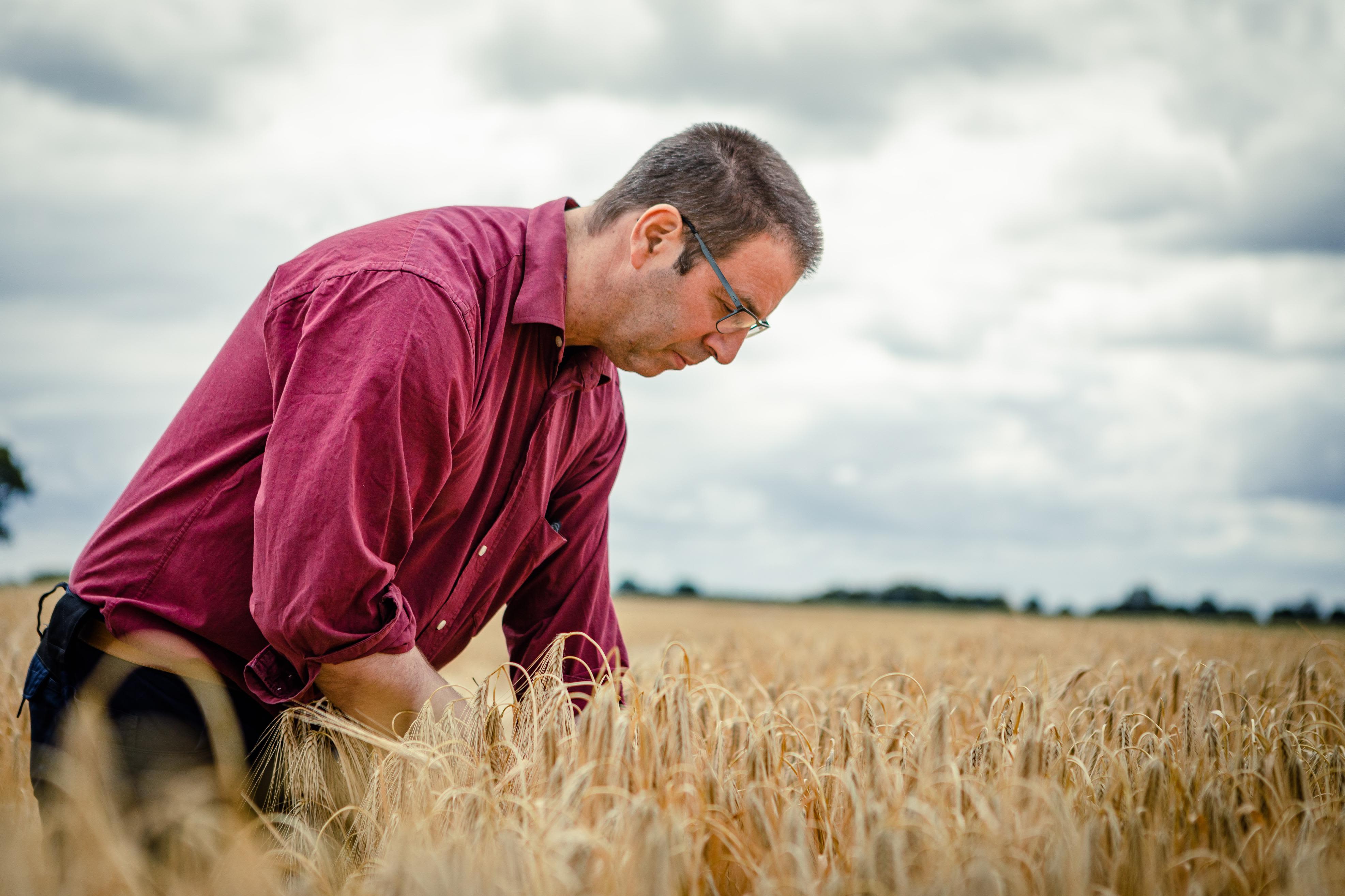
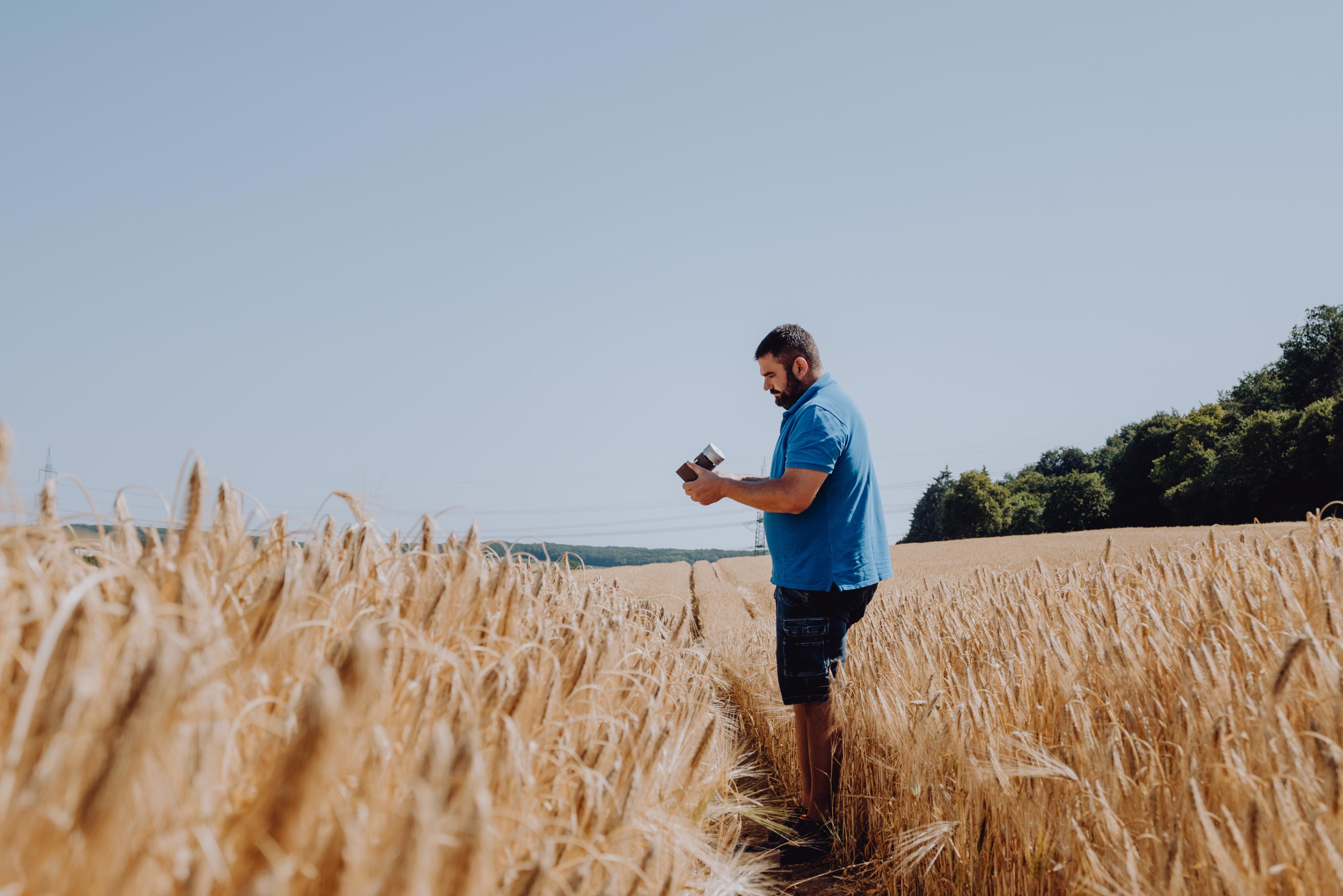
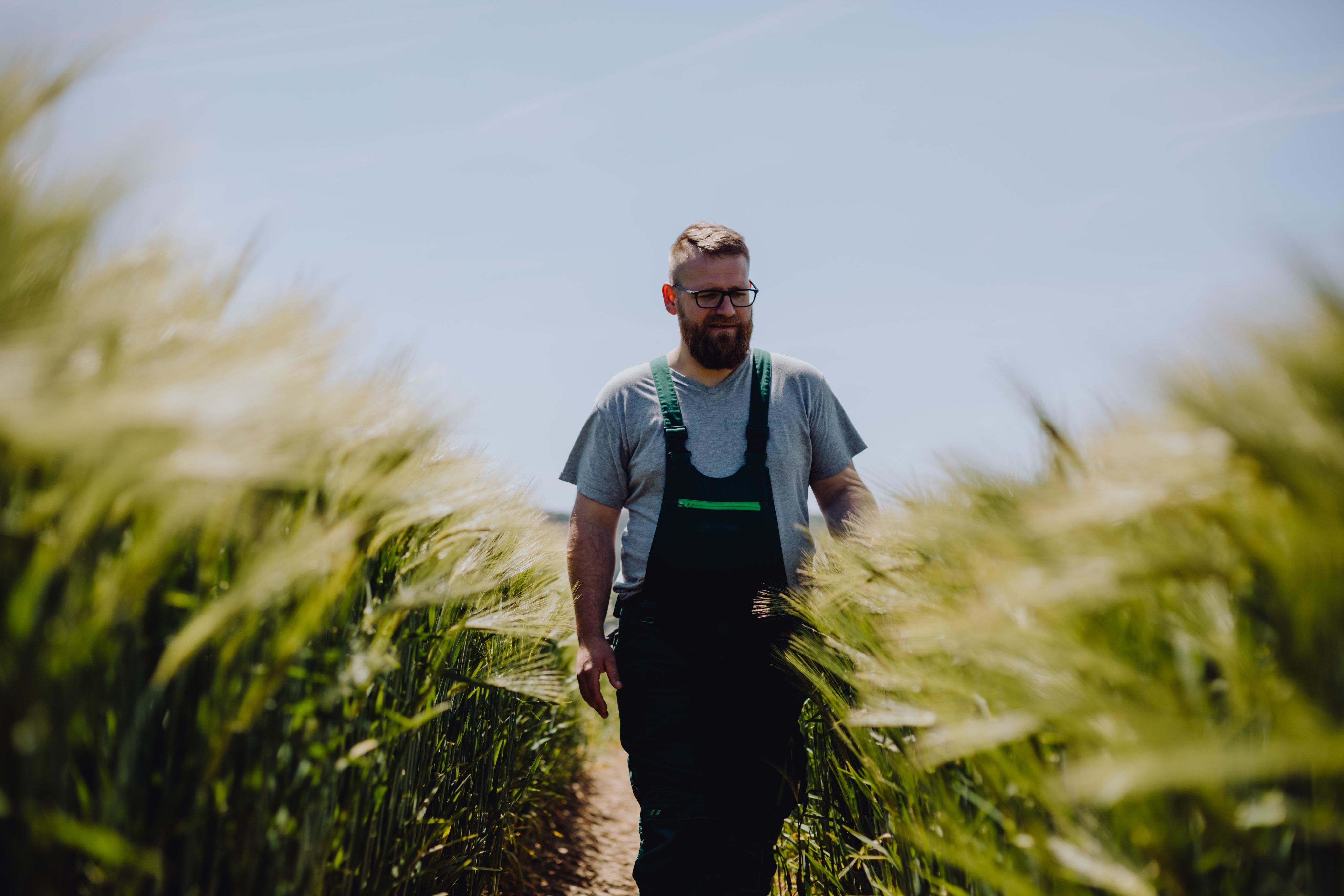
So, to maximize the potential of each crop, plant breeding is essential. Back in 2003, Syngenta introduced the first iteration of hybrid barley. Hybrids offer unique advantages.
By crossing two genetically different parent plants, the resulting offspring outperforms both of its parents. This has been part of plant science for centuries, but techniques have been refined to produce new hybrids with improved traits that work for large-scale agricultural production.
Melichar says: “Heterosis, otherwise known as hybrid vigor, is the solution – it offers a step change in grain yield and productivity.”
It isn’t just improved yields that hybrids offer either. “Farmers need to contend with increasingly difficult growing conditions. Hybrids are very stable across diverse weather, from drought to heavy rain, to extremes in heat and cold.
"Hybrids also have deeper root systems that better extract moisture and important nutrients from the soil, securing a more productive crop for the grower,” he adds.
Rob Hiles, Seeds Field Crops Marketing and Portfolio Management Head Europe, recalls the early days of Syngenta’s hybrid barley.
“I sold one of the very first bags of hybrid barley back in 2003 – it's impressive to see how the portfolio has grown over the past 20 years or more and how enthusiastically farmers have taken to it,” he says.
Syngenta’s hybrid varieties have become an essential collection of powerful options for barley farmers, now known as HYVIDO®.
HYVIDO® barley leverages the power of hybrid vigor for strong performance and consistently high yields.
HYVIDO® barley leverages the power of hybrid vigor for strong performance and consistently high yields.
Key to the success of hybrid barley has been the development of new traits to meet grower needs across different regions. This development process requires both deep relationships with farmers on the ground and a sophisticated breeding operation able to tailor new hybrids at scale.
Hiles says: “For the UK we focus on good value for farmers and excellent weed management. Growers in other countries may have differing priorities, for example in Denmark farmers want great nitrogen use, or in France farmers want a hybrid that allows them to reduce their fungicide usage, so it must [be able to] cope with fungus really well.”
In short, the key to getting farmers to adopt hybrids has been putting their needs at the heart of innovation.
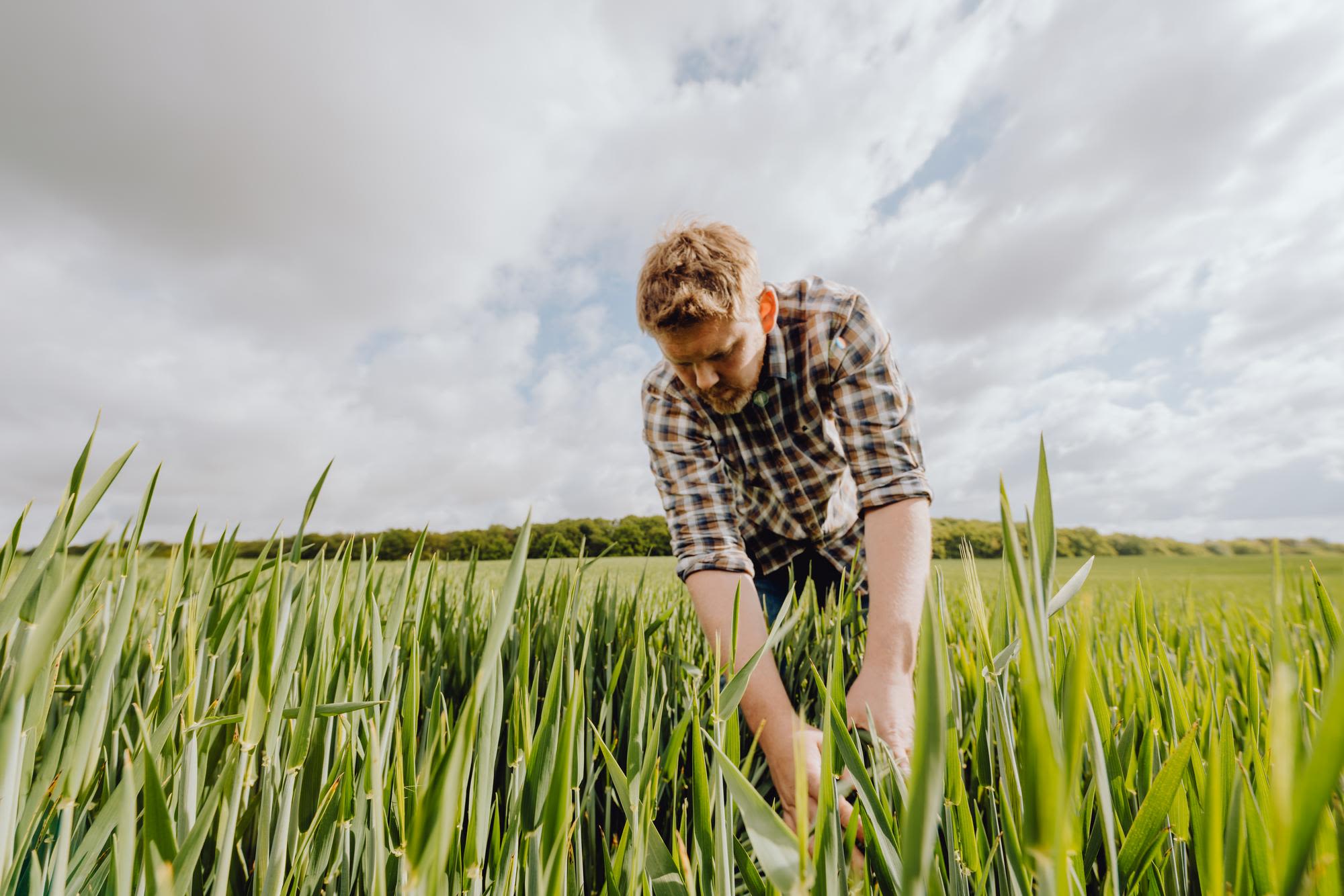
“In every country we want to find out what resonates with farmers and then use that to drive development and adoption,” says Hiles.
New traits are consistently developed to meet farmer needs and keep barley productive across a range of different countries.
New traits are consistently developed to meet farmer needs and keep barley productive across a range of different countries.
Along with reliable, high yields and tailored performance, Syngenta’s hybrid barley also has great disease resistance. Barley can be susceptible to issues such as Barley Yellow Dwarf Virus (BYDV), a devastating disease that can cause losses of up to 60 percent. Thanks to industry leading genetics, Syngenta’s hybrids carry complete resistance to BYDV.
The innovation has continued over the last two decades with the latest breakthrough in hybridization, HYVIDO® Neo, carrying next-generation resistance to BYDV as well as other threats such as Cereal Yellow Dwarf Virus that can seriously impact barley yields. This latest generation of hybrids ensures high, stable yields for growers even in the face of multiple types of disease pressure.
Over the past 20 years, Syngenta has developed a range of leading hybrids, offering high yields and leading disease resistance.
“New traits are coming all the time,” says Hiles. “With hybrid barley we’ve proven that we can unlock the potential of heterosis and encourage the adoption of new varieties. It’s been an incredible 20 years and we’re not stopping anytime soon.”

This year, Syngenta is celebrating its 25th anniversary. We are proud of our continuous innovation and contribution to the food system over the past quarter century. Check out more of our stories about innovation.
This year, Syngenta is celebrating its 25th anniversary. We are proud of our continuous innovation and contribution to the food system over the past quarter century. Check out more of our stories about innovation.



